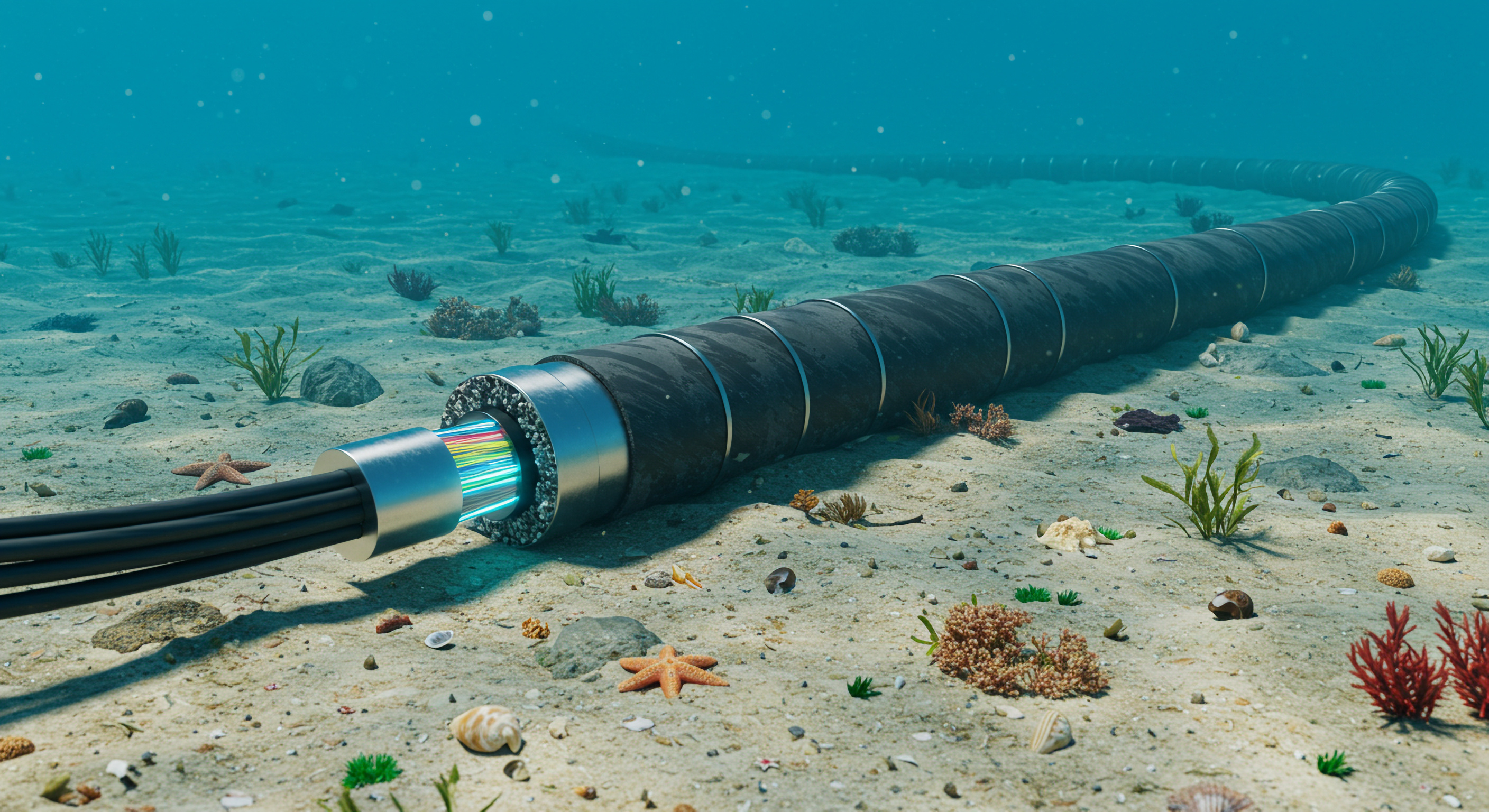
At an event in Edinburgh on Wednesday, the Integrated Quantum Networks (IQN) Hub was formally launched in front of an audience of over 120 researchers, industry stakeholders, and government representatives.
This initiative, which represents one of the five UK quantum hubs announced in July of last year, is specifically aimed at fostering progress toward a fully realised quantum internet. That is, a quantum network capable of providing everything from distributed quantum computing between multiple distinct quantum processors, to quantum-secured data transmission across international borders.
To help achieve this ambitious goal, the Hub will be supported by £42 million of funding, and will bring together the expertise of 13 of the UKs leading universities, over 40 industrial partners, and two national laboratories. Through collaboration amongst these participants, it is hoped that advancements can be made in a variety of technical areas that will be vital to support the quantum internet. Perhaps most obviously, this includes developments in hardware components, such as quantum memories, switching devices, and detectors/sensors. But attention will also be focused on less visible, but no less important, areas. For example, the development of new quantum protocols for delivering secure, reliable and high-performance communications, as well as a framework for the standardisation of quantum technologies (read our blog on this here).
Professor Gerald Buller, a professor of physics at Heriot-Watt University and director of the new IQN Hub, noted:
The Integrated Quantum Networks Hub is building on the UK’s enormous strengths in quantum research and combines our world-class academic base with leading industry partners from across the telecommunications, space, security and quantum technology sectors. We have a hugely ambitious vision to establish UK leadership in quantum networking however, through this Hub, we have assembled an extraordinary partnership to help deliver this.
The formal launch of the IQN Hub comes hot on the heels of the successful demonstration of the UK’s first long-distance ultra-secure communication over a quantum network which was created by a team from the Universities of Bristol and Cambridge (both of whom are members of the IQN Hub). The capabilities of this network were showcased via a live, quantum-secure, video conference link and the transfer of encrypted medical data across a 410-kilometre fibre distance between Bristol and Cambridge.
This follows from other previous examples of quantum networks, such as in China where an integrated quantum communication network has been set up that can achieve Quantum Key Distribution (QKD) over distances of up to 4600 kilometres. Another example is the quantum network set up in Chicago, USA, which is capable of distributing quantum keys between Chicago and it’s western suburbs over an optic cable at a speed of over 80,000 quantum bits per second.
But what sets the UK Quantum Network apart from these prior cases is its ability to simultaneously handle multiple types of QKD, entanglement distribution and regular data transfer. An example, therefore, of a network capable of handling at least some of the multitude of tasks that will be expected of the quantum internet.
Both universities now hope to build on this work through the IQN Hub, thereby helping to achieve its joint vision of developing the necessary infrastructure for national and international quantum communication.
It is exciting to see the UK emerging as a leading light within the quantum networking space, as well as quantum technology more generally, and we look forward to seeing what fruits the five UK Quantum Hubs bear in the future!
Find out more about our quantum team here.
Jack is a patent attorney working in the Bristol office as part of the engineering and ICT team. Jack graduated from the University of Warwick with a first class Integrated Masters degree in Physics (MPhys). His final year project focused on studying the epitaxial growth and characterisation of silicon-based semiconductor materials fabricated using Chemical Vapour Deposition. During his time at Warwick, he also completed a summer research project in which he developed Python simulations of the thermodynamic properties of ideal spin-lattice materials for use in the ongoing materials research at the Universities of Warwick and Oxford.
Email: jack.davies@mewburn.com
Sign up to our newsletter: Forward - news, insights and features
Our people
Our IP specialists work at all stage of the IP life cycle and provide strategic advice about patent, trade mark and registered designs, as well as any IP-related disputes and legal and commercial requirements.
Our peopleContact Us
We have an easily-accessible office in central London, as well as a number of regional offices throughout the UK and an office in Munich, Germany. We’d love to hear from you, so please get in touch.
Get in touch%201.jpeg?width=100&height=100&name=Jack-edit%20(002)%201.jpeg)

